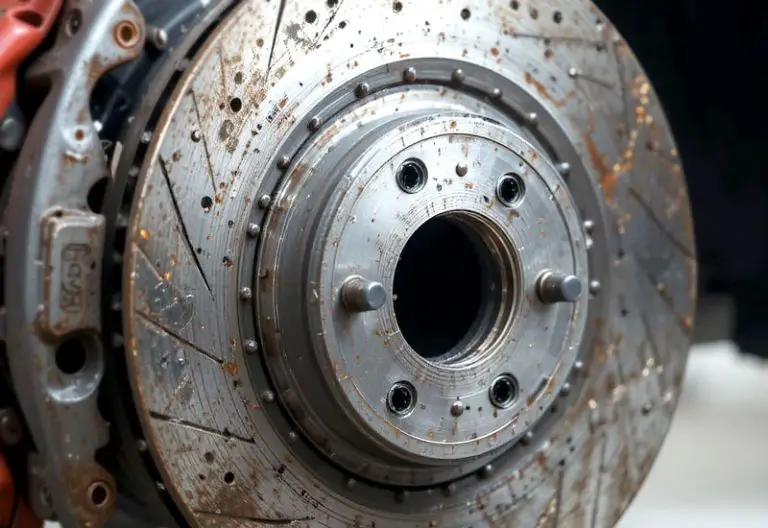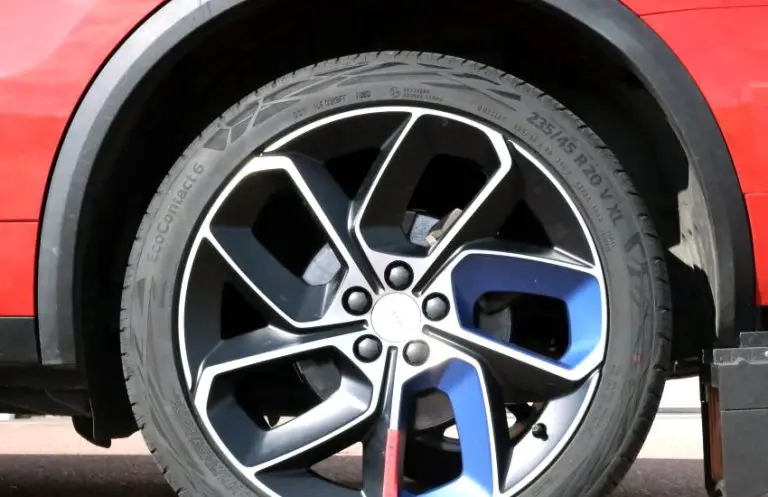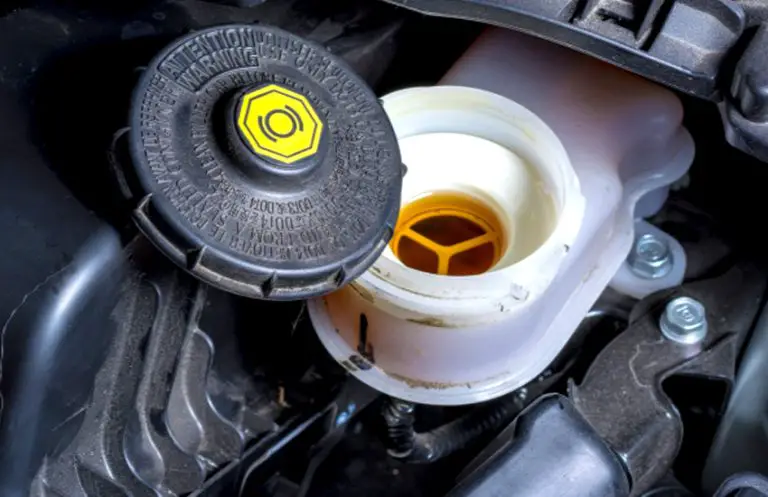Rear drum brakes over-adjust due to a faulty self-adjuster mechanism or a stuck parking brake cable. This causes the brake shoes to move outward excessively, leading to over-adjustment.
Rear drum brakes play a crucial role in stopping a vehicle, and when they over-adjust, it can lead to potentially dangerous situations. Understanding the causes of rear drum brakes over-adjusting is essential for maintaining vehicle safety. From a malfunctioning self-adjuster mechanism to a stuck parking brake cable, several factors can lead to this problem.
It is important to recognize the signs of over-adjustment and take appropriate measures to rectify the issue. We will explore the common causes of rear drum brakes over-adjusting and provide insights into how to address these issues effectively.
Understanding Rear Drum Brakes
Components Of Rear Drum Brakes
Rear drum brakes consist of various key components that collaborate to enable braking in vehicles. These components include:
- Drum
- Shoes
- Wheel cylinder
- Backing plate
- Adjuster mechanism
How Rear Drum Brakes Work
Rear drum brakes function by utilizing friction to slow down or stop a vehicle. When you press the brake pedal, the shoes are forced against the drum, creating friction and eventually slowing down the wheel.
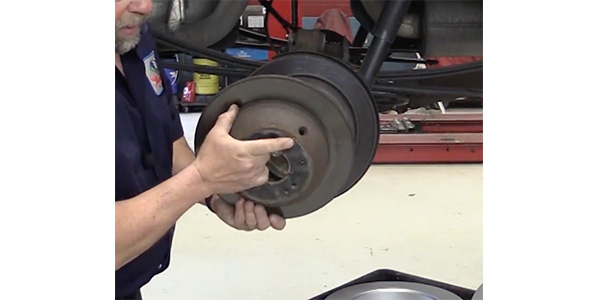
Credit: www.brakeandfrontend.com
Common Signs Of Over-adjusted Rear Drum Brakes
Over-adjusted rear drum brakes can lead to various issues, which can affect the overall performance and safety of your vehicle. Here are some common signs to watch out for:
Pulling To One Side During Braking
When braking, if your vehicle pulls to one side, it may indicate that the rear drum brakes are over-adjusted. This can result in uneven braking and handling issues, affecting the stability of your car.
Excessive Brake Pedal Pressure
If you notice that you need to apply excessive pressure on the brake pedal to slow down, it could be a sign of rear drum brakes that are over-adjusted. Increased pedal pressure can lead to poor braking performance and increased wear on the brake components.
Burning Smell From The Brakes
A burning smell coming from the brakes is another indicator of over-adjusted rear drum brakes. This can be caused by the brake shoes constantly rubbing against the drum due to over-adjustment, leading to excessive heat and burnt brake pad material.
Causes Of Rear Drum Brakes Over-adjusting
Over-adjustment of rear drum brakes can lead to reduced braking efficiency and potential safety hazards. Understanding the causes behind this issue is essential for maintaining a well-functioning braking system. In this article, we will explore the most common factors that contribute to rear drum brakes over-adjusting.
Misaligned Brake Shoe Adjusting Mechanism
A misaligned brake shoe adjusting mechanism is a common cause of rear drum brakes over-adjusting. This mechanism consists of various components, including the adjusting screw, lever, and springs, which work together to maintain proper tension between the brake shoes and the drum. If any of these components become misaligned or damaged, the drum brakes may over-adjust.
Stuck Or Malfunctioning Self-adjuster
A stuck or malfunctioning self-adjuster can also lead to rear drum brakes over-adjusting. The self-adjuster is responsible for automatically adjusting the brake shoes as they wear down, ensuring consistent braking performance. However, if the self-adjuster becomes stuck or fails to function correctly, it can cause the brake shoes to over-adjust, resulting in excessive tension and reduced braking efficiency.
Excessive Tension On The Parking Brake Cable
Excessive tension on the parking brake cable is another culprit of rear drum brakes over-adjusting. The parking brake system operates independently of the regular brake system and utilizes a cable to engage the rear drum brakes. If the parking brake cable is excessively tensioned or incorrectly adjusted, it can apply constant pressure on the brake shoes, causing them to over-adjust.
To prevent rear drum brakes from over-adjusting, regular maintenance and inspections are crucial. Ensuring that the brake shoe adjusting mechanism is properly aligned, the self-adjuster is in good working condition, and the parking brake cable is correctly tensioned can help maintain optimal brake performance and safety.
Effects Of Over-adjusted Rear Drum Brakes
When rear drum brakes are over-adjusted, it can have various effects on the braking system. Understanding these effects is crucial for maintaining the safety and performance of your vehicle.
Reduced Braking Efficiency
Over-adjusted rear drum brakes can lead to reduced braking efficiency. When the brakes are over-adjusted, they can engage too quickly and with excessive force, leading to premature wear and decreased responsiveness. This can ultimately compromise the ability of the brakes to slow or stop the vehicle effectively.
Uneven Brake Pad Wear
Over-adjustment of rear drum brakes can cause uneven wear on the brake pads. This happens when the brakes are engaged unevenly, leading to one side wearing out faster than the other. Uneven wear not only affects the performance of the brakes but can also lead to additional maintenance and replacement costs.
Potential Damage To Brake Components
Over-adjusted rear drum brakes can cause potential damage to other brake components. Excessive force and rapid engagement can put stress on various parts of the brake system, such as springs, cylinders, and adjusters. This can lead to premature wear and tear, necessitating repairs and replacements earlier than expected.
Troubleshooting Tips For Over-adjusted Rear Drum Brakes
When it comes to rear drum brakes, over-adjustment can lead to issues with braking performance and safety. Understanding the causes of over-adjusted rear drum brakes and knowing how to troubleshoot them is crucial for maintaining the functionality of your vehicle’s braking system. In this section, we will explore key troubleshooting tips for over-adjusted rear drum brakes.
Inspecting The Brake System
Inspecting the brake system is the first step in troubleshooting over-adjusted rear drum brakes. Look for signs of excessive wear or damage to the brake components, including the brake shoes, wheel cylinders, and hardware. Check for any fluid leaks and ensure that the brake system is free from obstructions or contaminants that may interfere with proper brake function.
Adjusting The Brake Shoes
Adjusting the brake shoes is a critical step in rectifying over-adjusted rear drum brakes. Carefully assess the condition of the brake shoes and adjust them according to the manufacturer’s specifications. Ensure that the brake shoes are properly aligned and that the adjuster mechanism is functioning correctly to prevent over-adjustment.
Checking And Lubricating The Self-adjusting Mechanism
Check the self-adjusting mechanism to determine if it is contributing to the over-adjustment of the rear drum brakes. Clean and lubricate the self-adjuster to ensure smooth operation and prevent excessive tightening of the brake shoes. Regular maintenance of the self-adjusting mechanism can help mitigate over-adjustment issues and promote optimal brake performance.
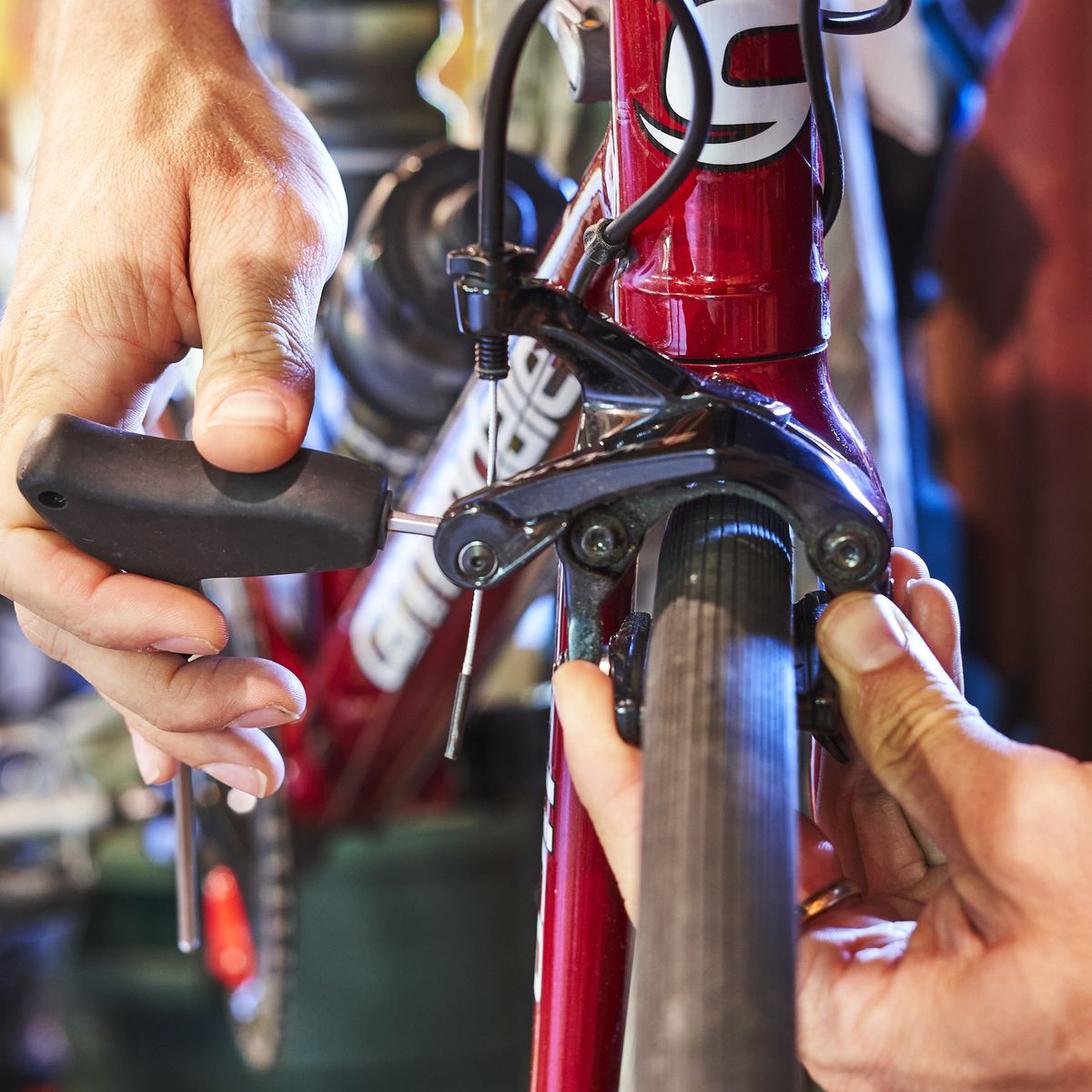
Credit: www.bicycling.com
Preventive Measures
One common issue that many car owners face with their rear drum brakes is over-adjustment. This occurs when the brakes tighten too much, causing the drum to seize and the wheels to lock up. It’s crucial to address this problem promptly to ensure safe and effective braking. Luckily, there are preventive measures you can take to minimize the risk of rear drum brakes over-adjusting.
Regular Brake Maintenance
Regular brake maintenance is essential for keeping your rear drum brakes in optimal condition and preventing over-adjustment. By performing routine inspections and servicing, you can identify any potential issues early on and take the necessary steps to rectify them. This includes checking the brake shoes, springs, and other components for wear and tear, as well as ensuring proper lubrication to prevent excessive friction and over-adjustment.
- Inspect and service rear drum brakes regularly
- Check brake shoes, springs, and other components for wear
- Ensure proper lubrication to prevent excessive friction
By following these brake maintenance practices, you can maintain the optimal functioning of your rear drum brakes and minimize the risk of over-adjustment.
Proper Installation And Adjustment
Another crucial factor in preventing rear drum brakes from over-adjusting is proper installation and adjustment. If the brakes are not installed correctly or are improperly adjusted, it can lead to over-tightening and subsequent over-adjustment. Therefore, it’s important to rely on professional technicians who have the expertise and knowledge to install and adjust your rear drum brakes accurately.
- Ensure rear drum brakes are installed correctly
- Rely on professional technicians for accurate adjustment
Proper installation and adjustment will help maintain the optimal balance and operation of your rear drum brakes, reducing the likelihood of over-adjustment.
Monitoring Parking Brake Tension
In addition to regular maintenance and proper installation, monitoring the tension of your parking brake is key in preventing rear drum brakes from over-adjusting. The parking brake system is connected to the rear drum brakes, and if the tension is not properly maintained, it can cause the brakes to over-tighten and lead to over-adjustment.
- Regularly check the parking brake tension
- Adjust the tension as needed to prevent over-tightening
By monitoring the parking brake tension and addressing any abnormalities, you can prevent the rear drum brakes from over-adjusting and ensure they work effectively when engaged.
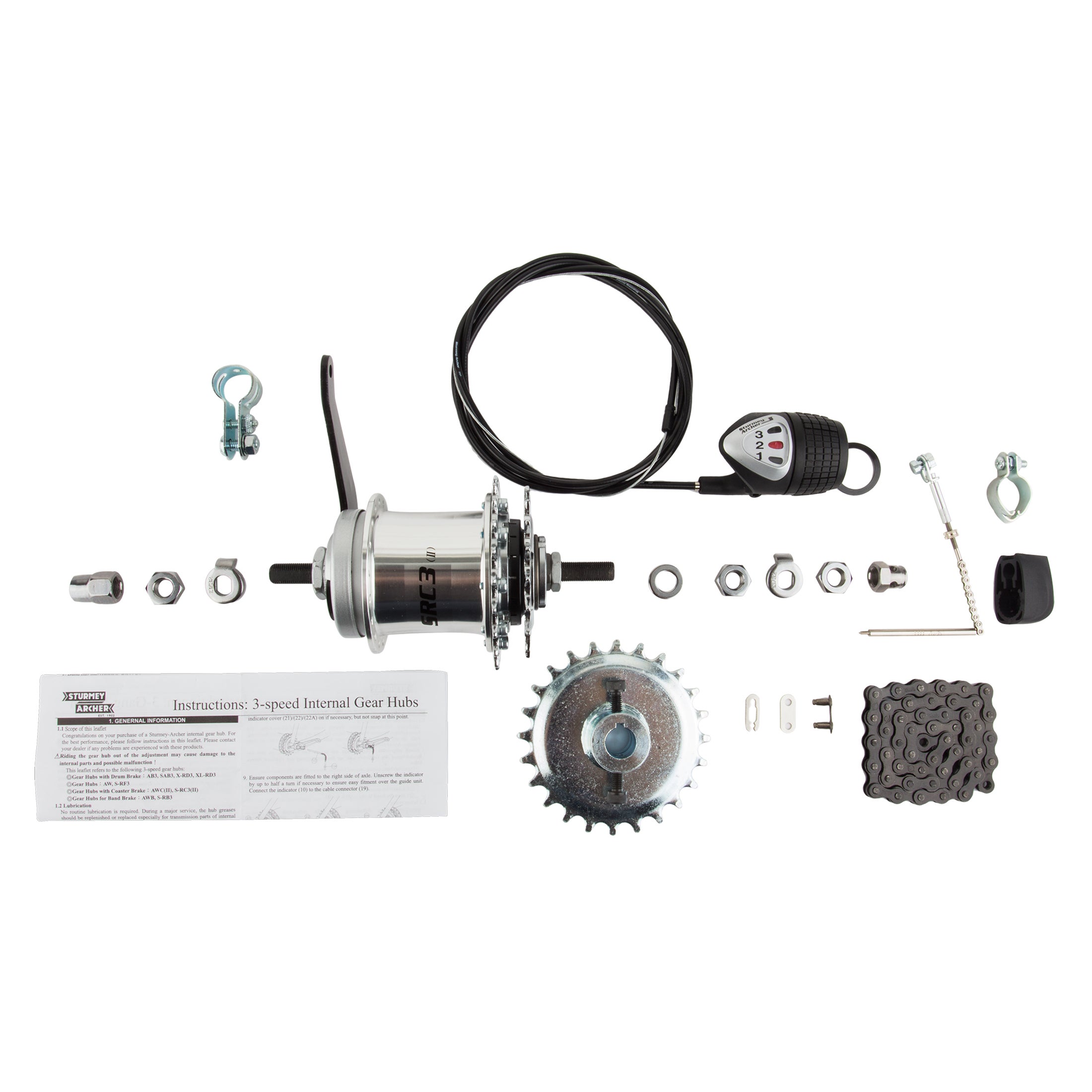
Credit: www.wheelsports.biz
Conclusion
To recap, understanding the factors that contribute to rear drum brakes over-adjusting is crucial for maintaining optimal vehicle performance and safety. By keeping an eye on issues such as excessive brake pedal travel and noise during braking, you can detect and address over-adjustment promptly.
Regular inspection, adjustment, and replacing worn components will help prevent this problem, ensuring your vehicle’s braking system remains in top condition. Stay proactive and prioritize brake maintenance to enjoy a smooth and secure driving experience.
